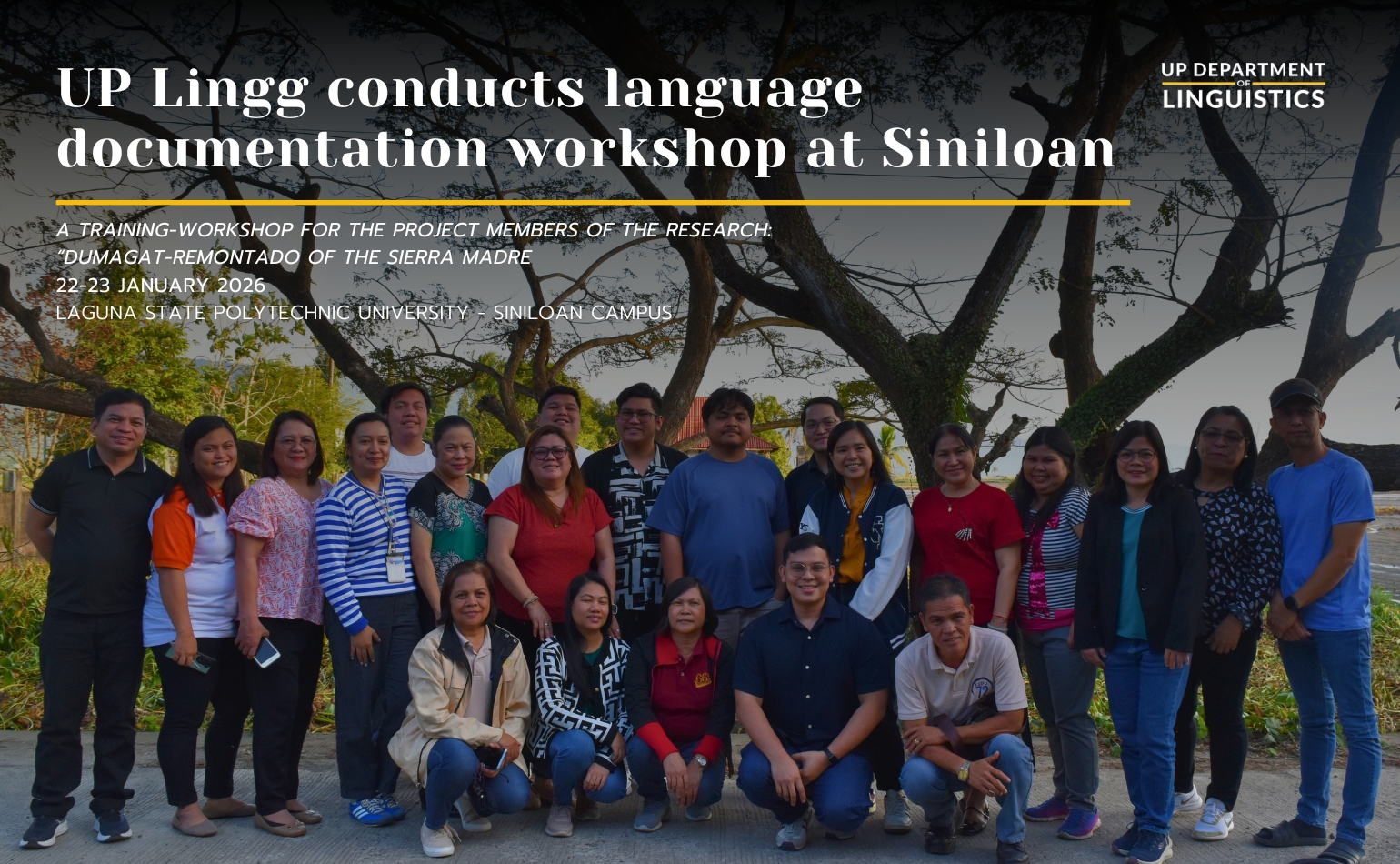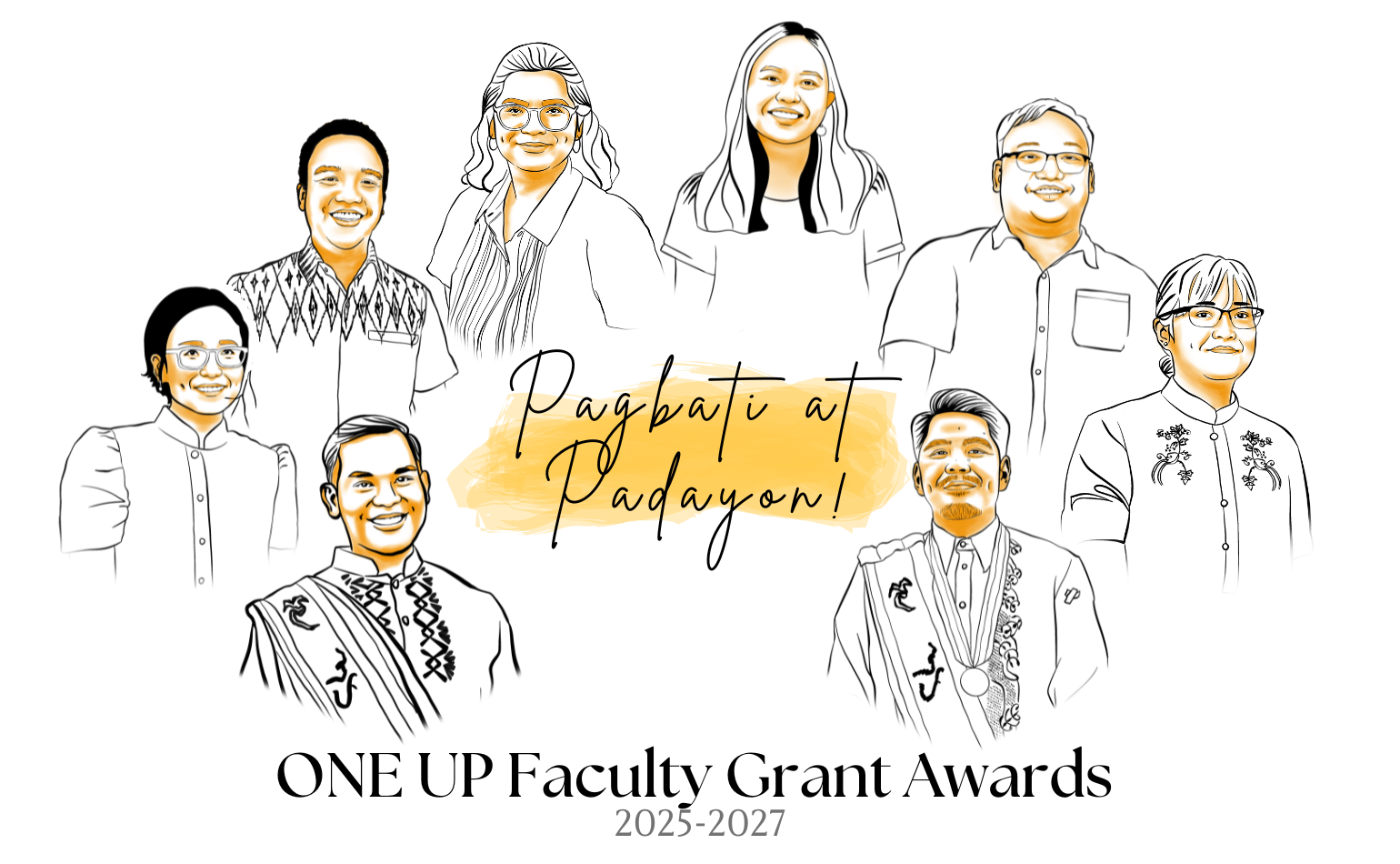
This semester, two fully online Koreyano 10 classes are offered through the Yonsei-KF Global e-school program, as part of the MOU between the University and the Institute of East and West Studies of Yonsei University. Get to know one of the adjunct professors handling a Kor 10 class, Dr. In Sook Jo from Yonsei University!
Please tell us more about your background [degrees, research interests, current institution(s), etc.].
I currently teach Korean language and culture to both graduate and undergraduate students at Yonsei University. My primary interest in Korean language and culture education led me to complete my doctoral studies in Korean Studies, with a specialization in Korean language education, at the same institution. I also conducted research as a doctoral fellow in Korean Studies at UCLA and participated in fascinating researches on the Korean language at Georgia Tech and Princeton University in the United States, further enriching my understanding of the field.
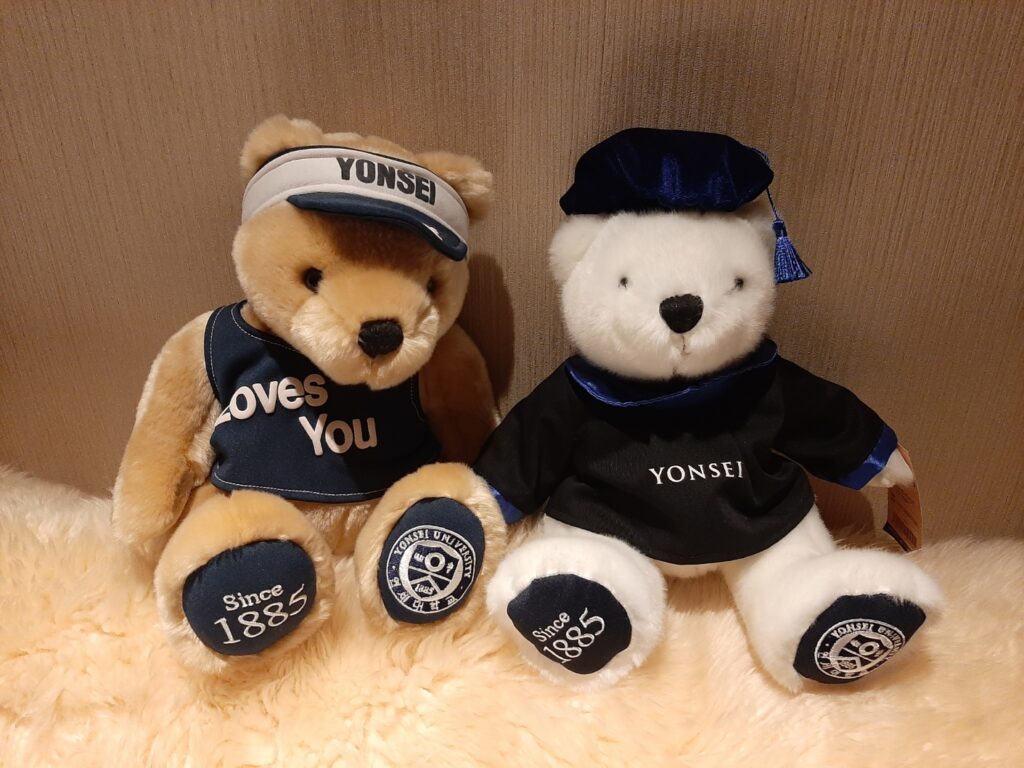
How different is teaching in UP Diliman from teaching in your current institution(s)?
The students at both UP Diliman and Yonsei are very bright, which makes teaching them enjoyable. The main difference is that, while I teach basic Korean at UP, I also teach cultural aspects such as hierarchy, food, and emotions related to the Korean language to international students from around the world.
What are the strategies that you use in your teaching in UP, especially that it is online?
I find online classes incredibly appealing for teachers. It’s amazing that teachers and students can connect face-to-face on a monitor and communicate across borders. Since my classes at UP are real time online sessions, keeping students engaged is essential. I believe online classes can be as dynamic as traditional classrooms, so I strive to encourage student participation and create a space for open discussion. I frequently teach online classes not only for UP but also for universities in the U.S., Australia, and Mongolia, and I always hope that students who cannot come to Korea can still take Korean classes online.
Can you share some tips for learning Korean, especially for students who became interested in the language through exposure from popular media?
I believe that learning a language goes beyond acquiring linguistic skills – it’s like gaining a key to a new world. As students engage with Korean through popular media, their perspectives broaden, and they develop a deeper interest in the culture. So, regardless of genre, I think it’s valuable to simply enjoy Korean culture and observe how frequently encountered words, expressions, and cultural elements are reflected in the language. I’ve found that students who are regularly exposed to Korean culture tend to pick up the language more easily. I encourage students to enjoy the process and let the vocabulary, pronunciation, and intonation naturally settle in their minds. I hope they see language learning not as a challenge but as an exciting journey into a new world. Lastly, I hope that, by cultivating an interest in Korean, as well as in other cultures, students will develop an international outlook and a deeper understanding of the world.
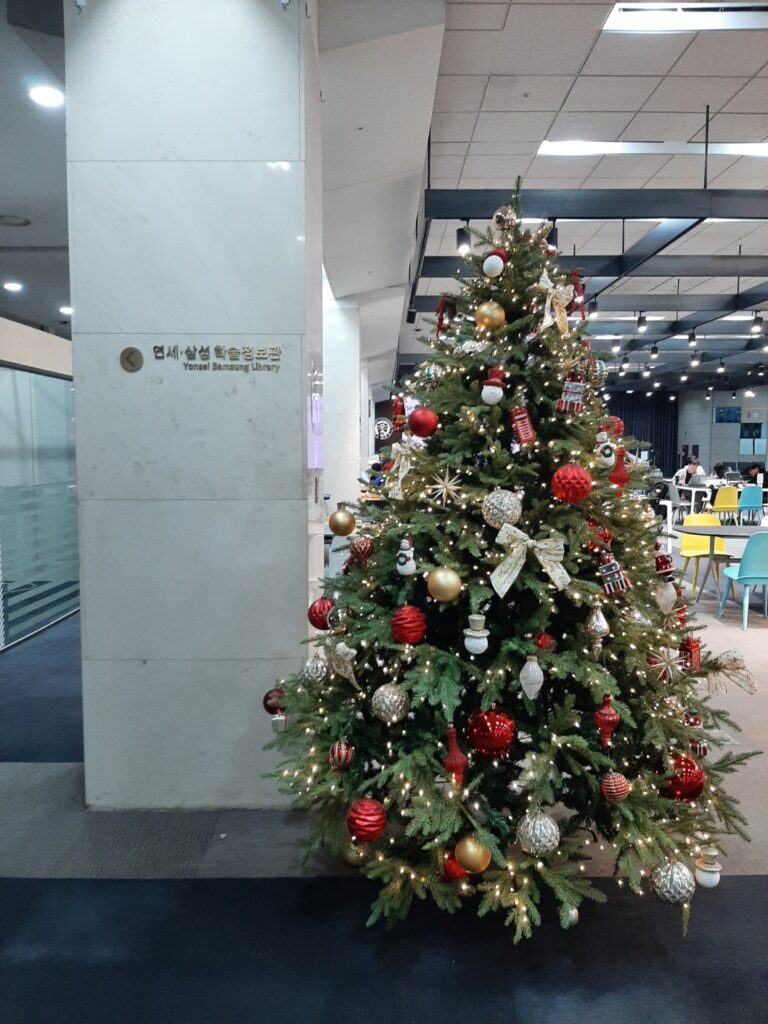
What is something that you enjoy during your leisure time?
In my free time, I mostly read, listen to music, watch videos, or travel. Usually, after the semester ends, I go on trips lasting one or two months, where I gather research materials and connect with scholars abroad. Currently, however, I’m working as the head writer on a textbook project, so I can’t travel. I find joy in this work, as the textbook will be officially used in Philippine junior high schools. My hope is that students who begin learning Korean in middle school can eventually advance to UP Diliman and continue to improve their Korean skills.
Lastly, what would you like to do when you visit the Philippines and UP Campus?
I first met UP students in September 2021, and I imagine most of them have since graduated. I would love to meet them again when I visit UP and hear about their experiences with Korean. I’d also like to finally meet my colleagues at UP whom I haven’t yet had the chance to see.
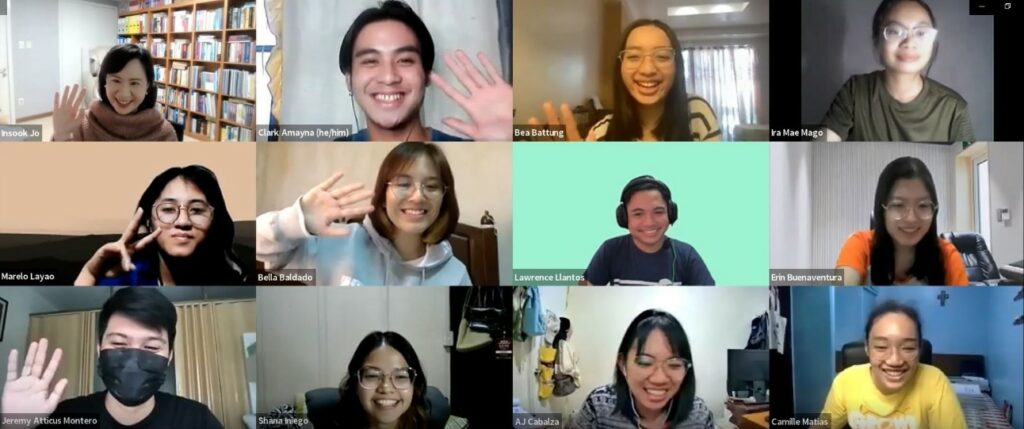
Published by UP Department of Linguistics

